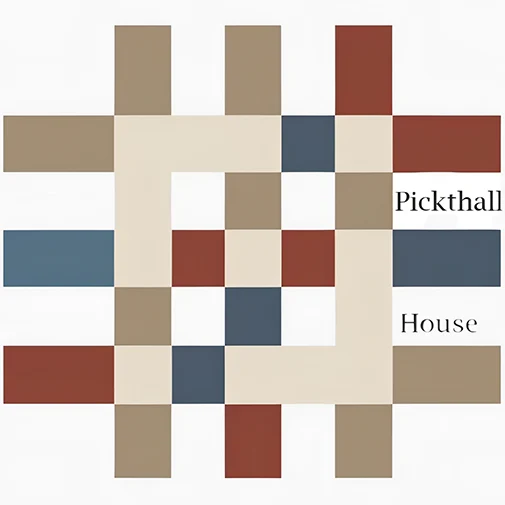Pickthall House supports the proposal to ban cousin marriage. Conservative MP Richard Holden has introduced a bill to ban first-cousin marriages in the UK, citing health risks and the practice’s compatibility with British culture.
Pickthall believes that there is a compelling public health case for banning first-cousin marriages, but that political leaders must work with the communities where these marriages are a cultural practice, and avoid stigmatising them unnecessarily.
While increased incidence of genetic disorders among offspring of first-cousin marriages is relatively modest (from 3% to 6%), the real problem is the cumulative impact of repeated cousin marriages over generations, which can result in severe health complications.
This is a particular problem in some Pakistani and Bangladeshi origin communities, where conditions like sickle-cell anemia and even deafness are more common due to consanguineous marriages. As an article in The Guardian pointed out, cousin marriages are a significant contributor to high rates of child death in Bradford, a city with a large Pakistani-origin community. Restricting first-cousin marriage has the potential to significantly reduce excess deaths and improve health outcomes among often-marginalised communities.
The issue is not just one of health: Britain’s democratic institutions are also potentially at stake. Cousin marriage, when sufficiently widespread, risks weakening institutions like the rule of law, corporate governance, and the apolitical civil service that rely on transparency, accountability, and impartiality. Research suggests that societies with high rates of cousin marriages are closely linked to weaker democratic institutions and reduced political participation. In such societies, tight kinship networks tend to dominate social interaction, hindering the development of more inclusive, meritocratic institutions. By reducing the prevalence of cousin marriage, we can preserve Britain’s dynamic and open civil society, promoting greater trust in and cooperation with public institutions.
However, this ban must be approached in a way that does not needlessly antagonise minority communities for whom these marriages are sometimes an important cultural practice. Public health campaigns should provide clear information about the genetic risks involved in cousin marriages, and genetic counselling should be readily available for families. This approach can help ensure that people understand the reasons for any policy to restrict cousin marriage, and appreciate that it is intended to help their community, not to attack it.
Pickthall believes that the ban is justified, but that it must be implemented in a manner consistent with Britain’s tradition of sensitivity and fairness to the concerns of its diverse communities.


